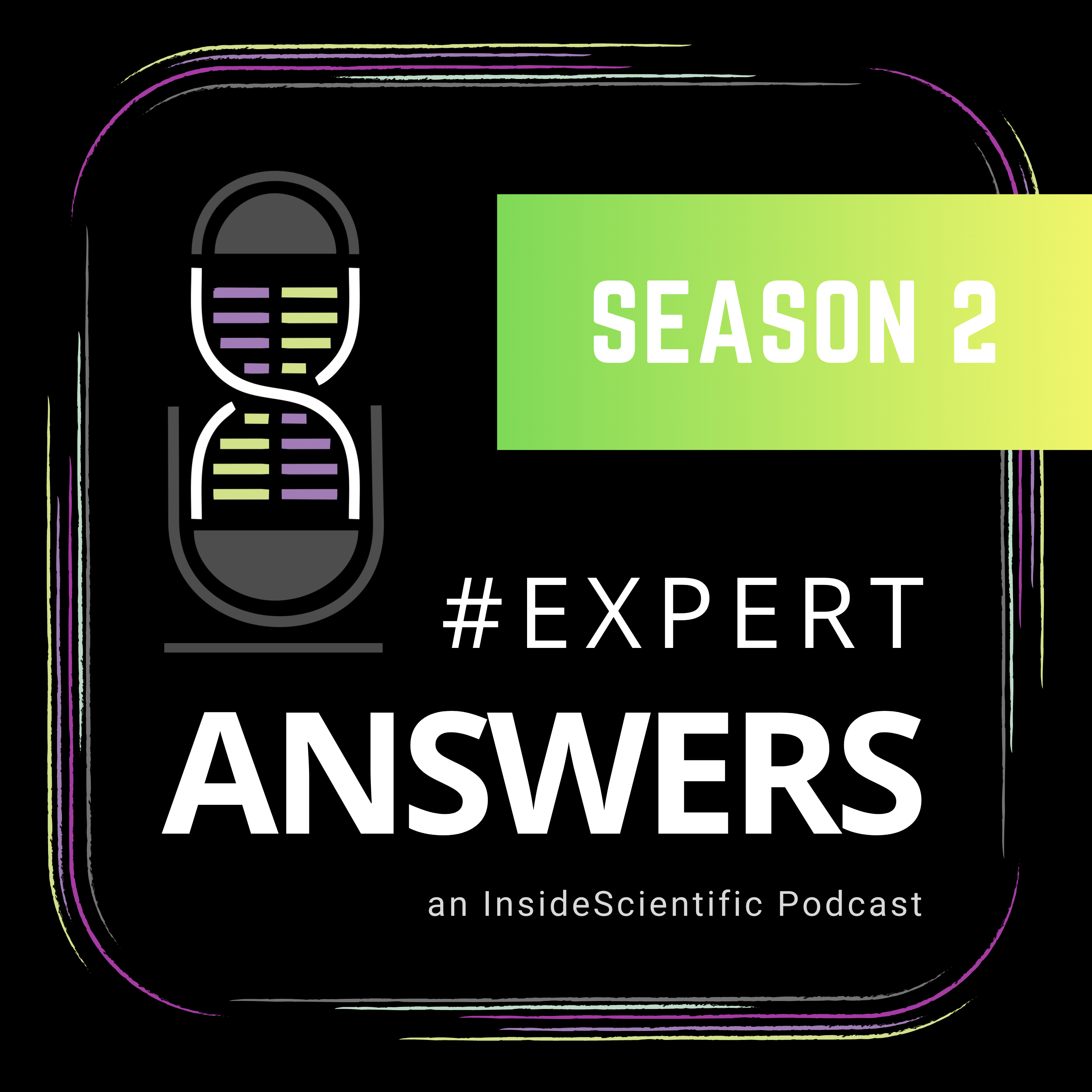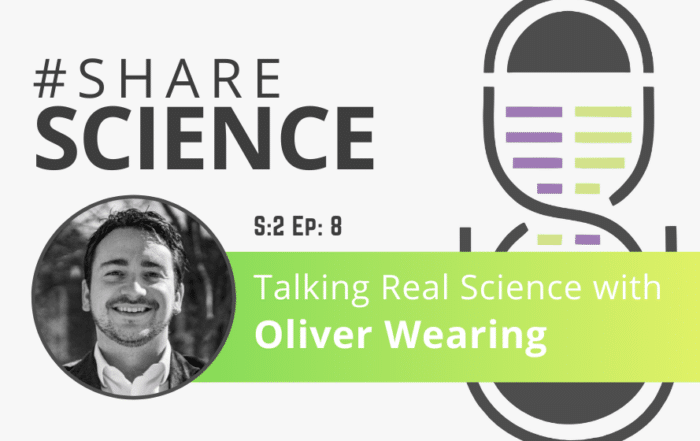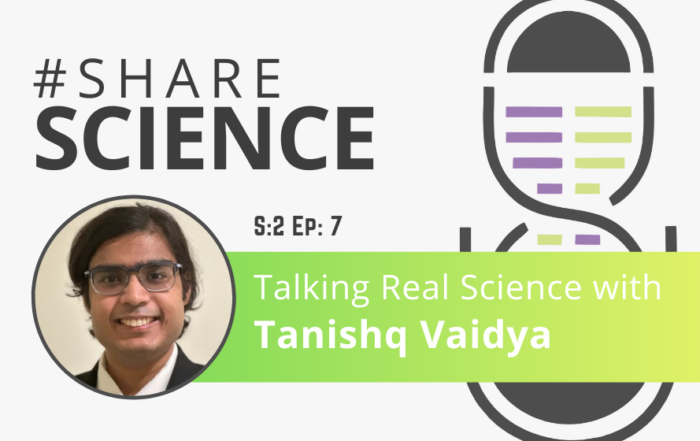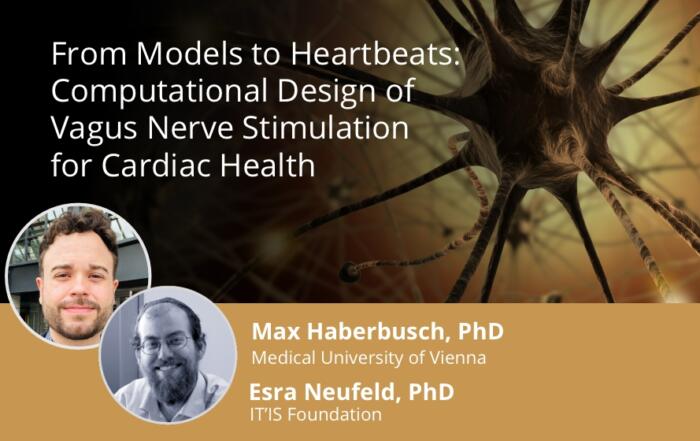
Airdate: Tuesday, March 17, 2015 Season: 2 Episode: 3
Guests: James Clark, Graham Sattler
This episode of #ExpertAnswers features James Clark, and Graham Sattler. They are here to discuss how to improve hemodynamic study outcome consistency by monitoring vital signs during surgery.
For more information or to watch the webinar, click here.
Associated Webinar: Improving Rodent Cardiovascular Research Outcomes with Integrated Surgical Monitoring
Similar Podcasts
Talking Real Science with Oliver Wearing
Oliver Wearing shares what led him to study the relationship between cardiovascular physiology and the autonomic nervous system, how achieving his various positions and awards have allowed him to pursue his research goals, and where he hopes to take his work next.
Talking Real Science with Tanishq Vaidya
Tanishq is one of 10 winners of the inaugural Scientist.com STEM Research NIL Award. In this episode, he discusses his current research interests, projects, and where the road lies ahead for his future career aspirations in STEM.
#ExpertAnswers: Artur Fedorowoski on Cardiovascular Dysautonomia in Post-COVID-19
Artur Fedorowski explains CV dysautonomia as a specific sequalae of acute COVID-19 and guides the audience in the diagnostic work-up of PASC patients with suspected cardiovascular complications.
Related Content
Photoacoustic Imaging in Angiotensin II Induced Cardiac Hypertrophy Mice
Hear Dr. Emily Lupton on her lab's investigation whether photoacoustic imaging (PAI) could provide novel imaging in the heart after angiotensin-II induced hypertrophy with and without treatment with losartan.
Understanding Advanced Cardiac Tissue Slice Applications
Watch to understand how cardiac slices and the IonOptix Cardiac Slice System can be used to complement and improve upon traditional cardiac investigations.
From Models to Heartbeats: Computational Design of Vagus Nerve Stimulation for Cardiac Health
This webinar explores closed-loop cardiac rhythm control restoration in heart-transplant patients from model development to in silico regulatory evidence for safety and efficacy trials.










